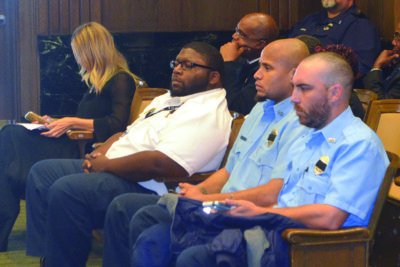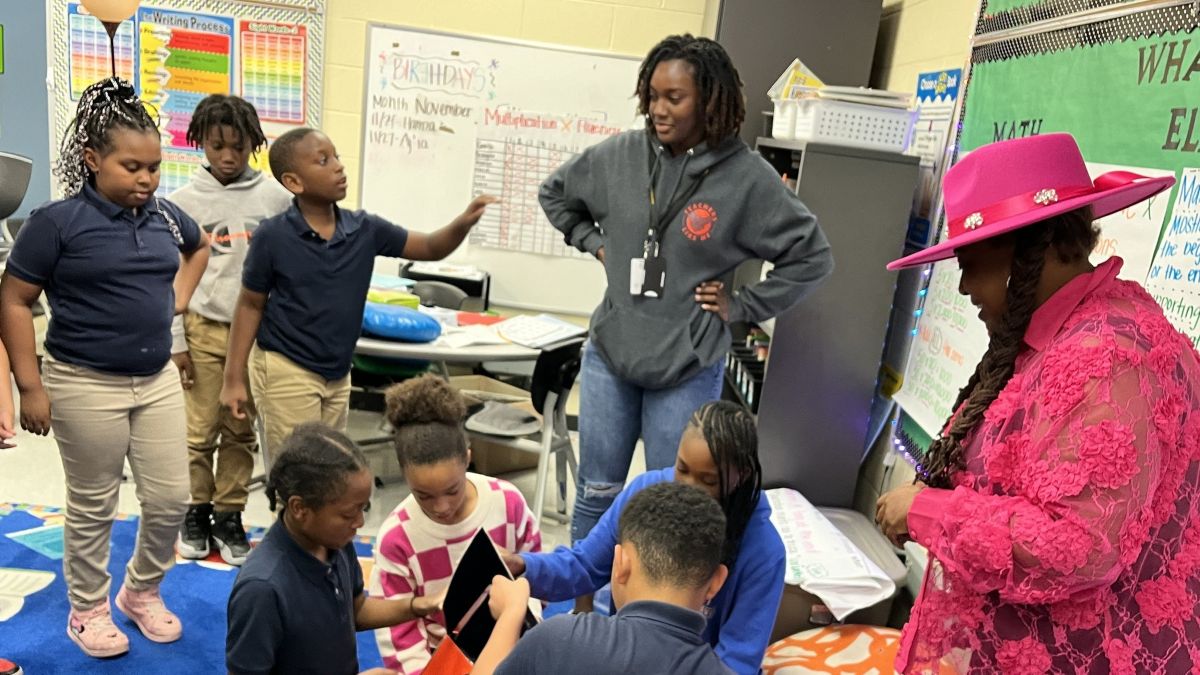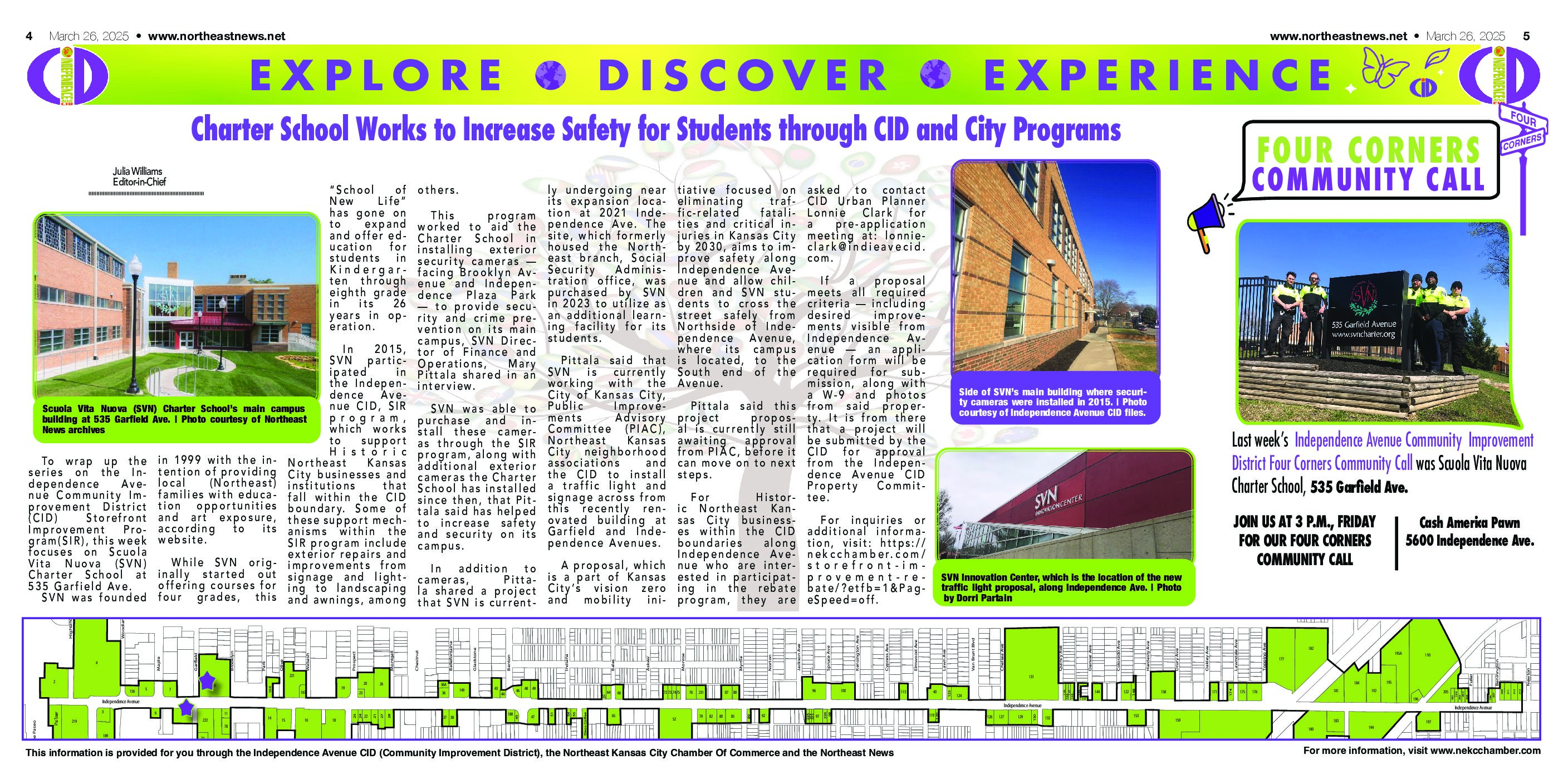By Paul Thompson
Northeast News
An audit of the KCMO Animal Health and Public Safety Division has revealed trends of inadequate data documentation, inconsistent methods and a strained relationship with the Kansas City Pet Project, which runs the City’s animal shelter.
The audit was conducted at the behest of the City Council, which passed an ordinance calling for a closer look at animal control operations in the fall of 2016. The Auditor’s Office presented its findings to the Neighborhoods and Public Safety committee on Wednesday, September 27.
According to KCMO Auditor Doug Jones, AHPS was more focused on the enforcement of animal-related codes violations than on education and field resolution of issues. That focus can serve as a detriment to animal health and public safety. Too often, he noted, complaints have led to citations without sufficient follow-up.
“Of animals that have been impounded for cruelty or neglect, more than two-thirds have not been reclaimed by the owners. On citations issued for licenses, more than half the people have not obtained a license following the violation,” said Jones. “If a pet owner doesn’t reclaim their animal, doesn’t learn how to better take care of that animal, and just simply obtains a new one, then this whole cycle of neglect can continue.”
In one anecdote from the audit report, (entitled Exhibit 3) the Auditor’s Office laid out the consequences of the lack of investigative follow-up and inadequate documentation. Exhibit 3 details a three-month delay in the removal of animals from a dangerous home. The incident began when two officers (one in training) responded to a call about an abandoned dog. When they arrived on the scene, the officers heard more dogs barking inside the residence in question, but were unable to make contact with the homeowner. They left a notice at the residence, but there is no evidence that the officers returned to check on the potentially abandoned dogs.
Eighteen days later, one of the officers returned to the same residence after receiving a complaint that five dogs were inside without food or water. Again the officer was unable to make contact with the owner, and he left another notice. At the time, he stated his intent to return in three days, but there’s no documentation of a follow-up visit occurring in that timeframe. Fifty four days later, a third officer returned to the residence on a similar complaint. A full report was not completed, though the officer indicated that they were “unable to make contact/left notice” with the owner.
 Thirteen days following this third officer visit, the Auditor’s Office stepped in to bring the ongoing case – and the lack of results – to the attention of an AHPS division manager. The Auditor’s Office expressed concern that animal control officers had not taken appropriate actions regarding the abandoned dogs. This time, two supervisors and a fourth animal control officer went back to the residence. Hearing dogs barking and detecting a strong odor of urine from the front porch, the group initiated a warrant to enter the house and check on the welfare of the dogs.
Thirteen days following this third officer visit, the Auditor’s Office stepped in to bring the ongoing case – and the lack of results – to the attention of an AHPS division manager. The Auditor’s Office expressed concern that animal control officers had not taken appropriate actions regarding the abandoned dogs. This time, two supervisors and a fourth animal control officer went back to the residence. Hearing dogs barking and detecting a strong odor of urine from the front porch, the group initiated a warrant to enter the house and check on the welfare of the dogs.
The next day, the fourth officer reached the owner by phone and requested permission to go inside the home and check on the welfare of the dogs. She was uncooperative. A warrant was served seven days later, and four dogs were removed from unsanitary conditions. Ninety three days after the initial complaint, the animals were impounded to KC Pet Project.
This extreme example speaks to issues uncovered by the performance audit.
“Investigations are not adequately documented, they are not always conducting the follow-ups, and the documentation is not very good,” Jones said.
Some of these issues led to further disagreements with KC Pet Project, ostensibly a partner in the fight for animal health and public safety. The animal control audit details how differences of opinion have led to a strain between the two organizations. Examples include a disagreement over an AHPS decision to euthanize a potentially dangerous dog; KCPP staff testifying in court against the City in an animal enforcement case;and reticence by AHPS leaders to address a KC Pet Project request to reconsider the use of impoundment in certain situations. The differences of opinion led to breakdowns of communication, which “plays out in strings of emails between senior management of AHPS and KCPP and tends to result in unsatisfactory outcomes for one or both organizations.”
The lack of trust has led AHPS to revoke KCPP access to investigative records. According to the audit, the result is that KCPP hears the owner’s side of the story when they reclaim their animal, often leading to further second-guessing of animal control methods.
AHPS special investigator James Donovan agreed that the audit report was accurate following the September 27 presentation, but added his belief that communication between the entities is improving.
“We do have a good working relationship with KC Pet Project. From time to time there will be some miscommunication errors that do transpire, but those are immediately resolved once we identify those errors,” Donovan said. “Overall, we are taking steps to improve our communication.”
He added that staffing issues play a part in some of the division’s issues, noting that the AHPS is currently short of the 17 officers they would need to be fully staffed. As of September 27, the division had 10 active, full-time officers, as well as four more officers in training.
“The more officers we have, the more we can do,” Donovan said. “We become proactive, rather than reactive.”
Partially as a result of the staffing shortage, response time has also been an issue for AHPS. When the Auditor’s Office went in to review typical response times, they found that the figures weren’t being properly recorded.
“We were looking at the numbers, and we actually could not determine whether they were meeting the response time goals that they have. Response times should be looked at from a citizen’s perspective: when did we let you know, and when did you get here to deal with it?” said Jones. “What is being reported in the KC Stat process and internally is just the time for when the animal control officer gets dispatched, and when they arrive at the scene.”
In addition, Jones said that his office received several thousand more records of dispatch from KCPD than through AHPS, leaving another layer of concern with the division’s documentation efforts.
Councilwoman Heather Hall expressed concern with the audit results, suggesting that there might be a gap between what is being advertised to prospective animal control officers during the interview process and what is actually expected of them in the field.
“When people are getting hired, they may or may not know what they’re expected to do,” said Hall. “I guess that worries me.”
Deletta Dean, the Deputy Director of Animal Health and Public Safety, contended that position requirements are clear throughout the hiring process. That said, she also acknowledged the difficulty of the work.
“It’s a very difficult job,”’ she said. “With the level of scrutiny, it becomes unbearable for some.”
Ultimately, Jones said that he’s been heartened by the AHPS response the audit, and feels that the division has the will to improve its operations. To Jones, the most important elements of that improvement will revolve around developing a shared community vision and creating benchmarks to guide animal control services moving forward.
“I fully expect things to start moving forward,” Jones said.




















